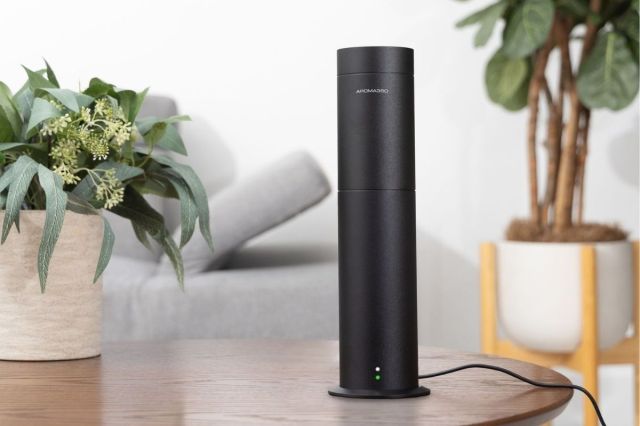The older I get, the more supplements there are taking up space on my kitchen counter: vitamin D for immunity, B12 for energy, a multivitamin for, well, you name it. The list goes on. For many of us, vitamin-taking has always been a morning thing, starting with our mothers handing them over with breakfast before school. Most days, I remember to take them with my coffee. Other days, I don’t think about them until I’m cleaning up the kitchen before bed, and then spot the bottles, practically shaming me for having forgotten them. And that’s when I wonder: If I take them before I go to sleep, will it make me sick? Does it affect their absorption? To find out, I asked the pros, and here’s what they said we need to know to get the most out of our daily vitamins.
Should You Take Your Vitamins in the Morning?
Turns out, there’s nothing magical about taking your vitamins first thing in the morning. “The reason it’s commonly recommended to take vitamins then is so that people don’t forget,” says Cynthia Odogwu, M.D., lifestyle and family medicine physician. But, she says, all vitamins can be taken at any time of the day, and there is no current research to suggest that fat-soluble vitamins like A, D, E, and K will interfere with sleep.
In other words, when you take your vitamins is more about what works for your schedule, not your body. For some people, that’s in the morning as part of their routine, while others might prefer lunchtime or evening, adds Lauren Manaker, RDN, a women’s health and nutrition expert and consultant for MegaFood.
Still, timing can be useful depending on the type of vitamin. “If a vitamin supports energy or sleep, timing it right can give you a better boost — or a better night’s rest,” says Allie Buttarazzi, M.D., internal and lifestyle medicine physician and certified health and wellbeing coach.

Vitamin Best Practices
With that in mind, there are some best practices you may want to keep in mind:
Consider avoiding this vitamin at night: While the science doesn’t point to major issues with most supplements, there are some worth timing thoughtfully. “B vitamins — like B12, folate, and thiamine, for example — play a role in energy metabolism and may promote alertness, so it often makes sense to take them in the morning,” says Dr. Buttarazzi.
Reader Favorites
Consider taking this one at night: Magnesium can support sleep or calmness, says Dr. Buttarazzi, so it may be better to take it in the evening if you’re looking to wind down.
Do take vitamins with food: Fat-soluble vitamins are best absorbed when taken with a meal that contains some fat, says Manaker. So, it’s a good idea to take them with lunch or dinner — or breakfast, if it includes things like eggs or avocado. What if nighttime is your only option? Dr. Buttarazzi recommends pairing them with a small snack that includes fat. One exception? Iron, which is a little trickier. “It’s absorbed more effectively on an empty stomach,” Manaker says. As always, check the label or talk to your healthcare provider if you’re unsure.
Try habit stacking: To remember to take your vitamins regularly and consistently, pair them with another activity that you do every day, suggests Dr. Buttarazzi. That might mean keeping your vitamins on your vanity next to your moisturizer or beside your coffee maker, so you take them along with something you’re already doing daily. “I take my vitamins right after I refill my water bottle following my morning walk,” she says. “Every Sunday, I prep our weekly pill containers, which makes busy mornings a little faster.”
Find the formula that works for you: If you hate swallowing pills and that keeps you from being consistent, you might prefer gummies or chewable vitamins. “Just be sure to keep up with brushing, since sugary ones can raise the risk of cavities,” says Dr. Odogwu.
Watch for interactions: Some vitamins and supplements can interact with medications, adds Manaker. Always check with your provider before you start any new routine, since a medication you’re on may dictate when you can or can’t take your vitamins.
Featured Image Credit: Xavier Lorenzo/ iStock
More From Our Network
Better Report is part of Inbox Studio, an email-first media company. *Indicates a third-party property.

















